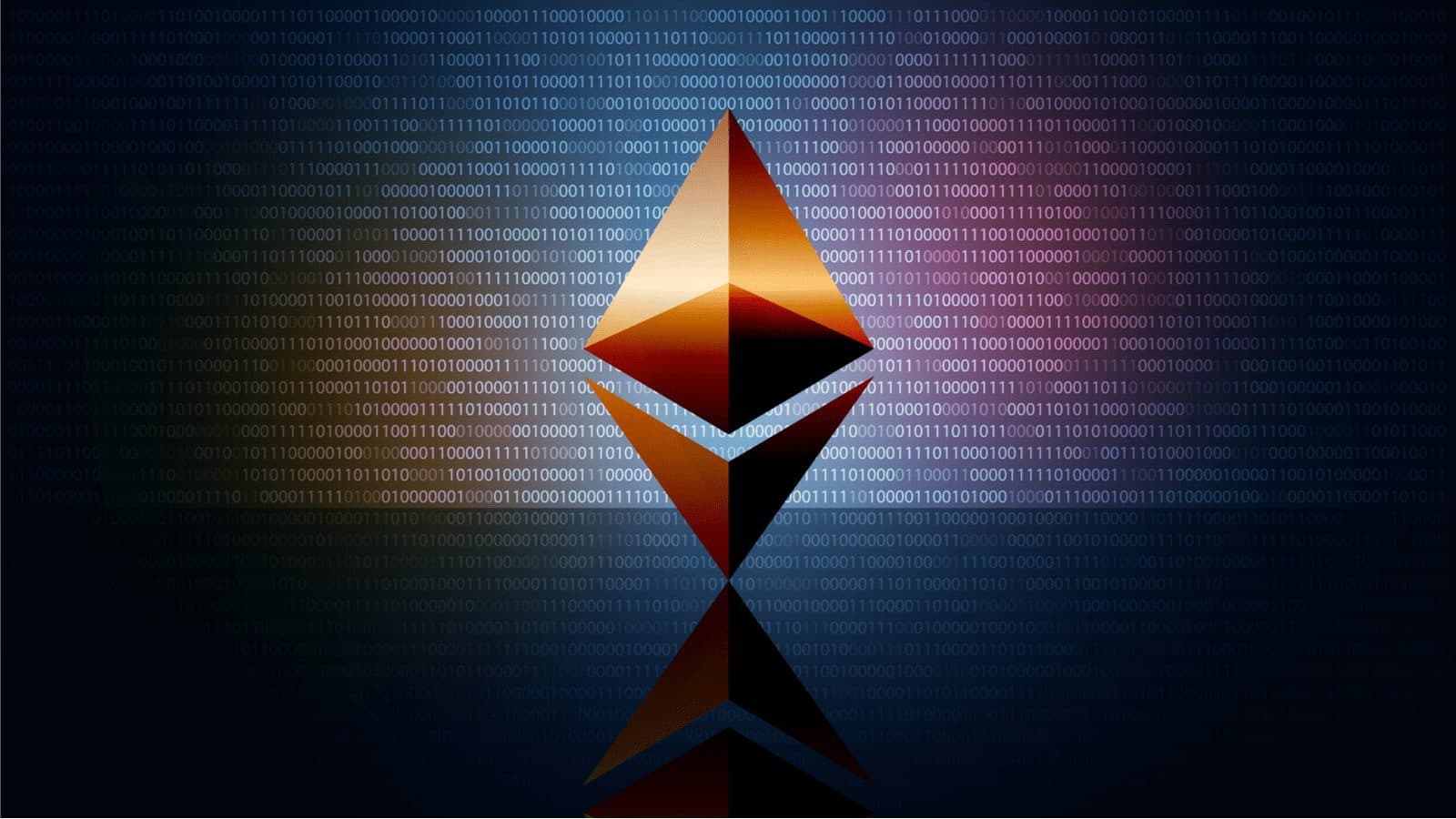Lido Brings Staked Ether to Layer-2s
The finance DAO announced a wrapped version of stETH can soon be traded on layer-2 Ethereum protocols

Source: Shutterstock
- The announcement comes days after Sept. 19 was announced as the target date for ETH’s Beacon Chain Merge
- “For Ethereum stakers, this means staking with lower fees and access to a new suite of DeFi applications to amplify yields,” Lido wrote
As ether’s price surges in anticipation of its long-awaited “Merge” to proof-of-stake validation, staking protocol Lido Finance is scaling staked ether (stETH) to layer-2 Ethereum protocols.
Lido said Monday it’s supporting a wrapped version of stETH, known as wstETH on layer-2s, a move the company believes will allow stETH to increase its market capitalization and usage, while reducing gas fees for investors.
Lido stETH investors receive staking rewards when they lock ether on the proof-of-stake Beacon Chain. ETH’s Beacon Chain Merge has been in the works since 2020, but, last week, Ethereum developers set Sept. 19 as their latest merge target.
Even after The Merge, stETH holders will have to wait six to 12 months to unlock tokens.
Staked ether can be exchanged on integrated DeFi protocols such as Curve, but stETH is not now compatible with layer-2s that do not support “rebasable” tokens that change value based on staking rewards.
WstETH gives stETH a fixed value, allowing the wrapped token to be traded on prominent layer-2s such as UniSwap, ArcX, 1inch and SushiSwap, according to Lido.
“If the theory plays out that ETH will become the settlement layer that is slower and more expensive for finality then most if not all transaction volume will eventually move to [layer-2s]. If that turns out to be true, Lido wants to make sure we are skating to where the puck is going,” a Lido representative told Blockworks in a statement.
The wstETH move comes a month after the Curve liquidity pool for stETH nearly ran out of ether, making it difficult for investors to exit positions.
The liquidity crunch caused the price of stETH to lose its traditional parity with ether, reaching a low of 0.93 ETH. One stETH is currently trading at 0.98 ETH, per CoinMarketCap.
“It’s possible that stETH:ETH exchange rates may be slightly shallower and more volatile in specific markets” in the short term, Lido said, adding that it expects its protocols to stabilize over time as layer-2s draw greater investment.
LDO, Lido’s DAO token, rallied over 130% in the past week. Prominent DeFi (decentralized finance) trading platform FTX said LDO is slated to be listed on the exchange Tuesday.
Get the news in your inbox. Explore Blockworks newsletters:
- The Breakdown: Decoding crypto and the markets. Daily.
- 0xResearch: Alpha in your inbox. Think like an analyst.






